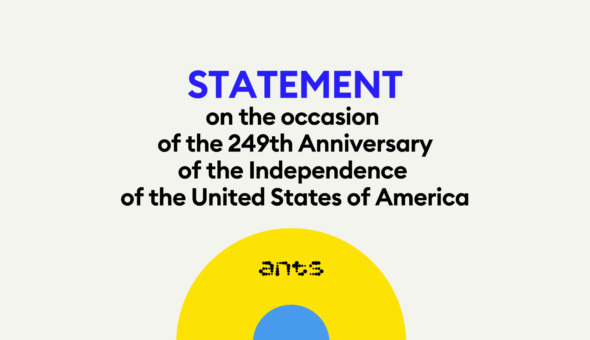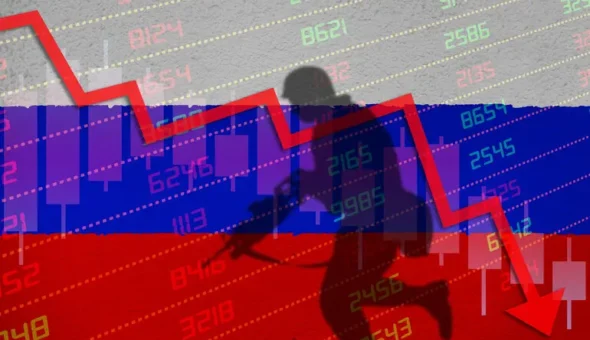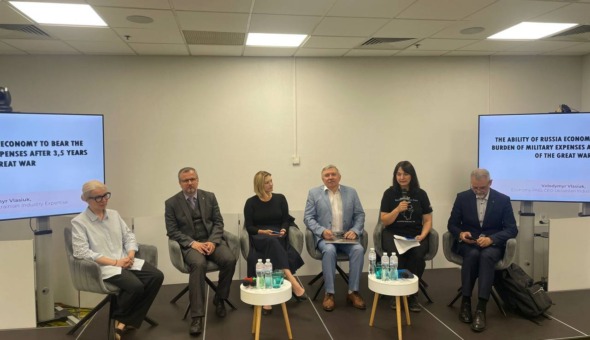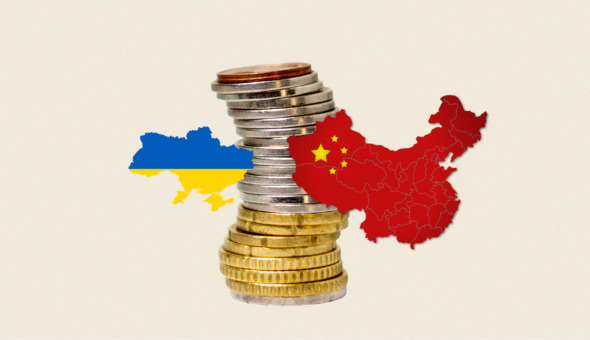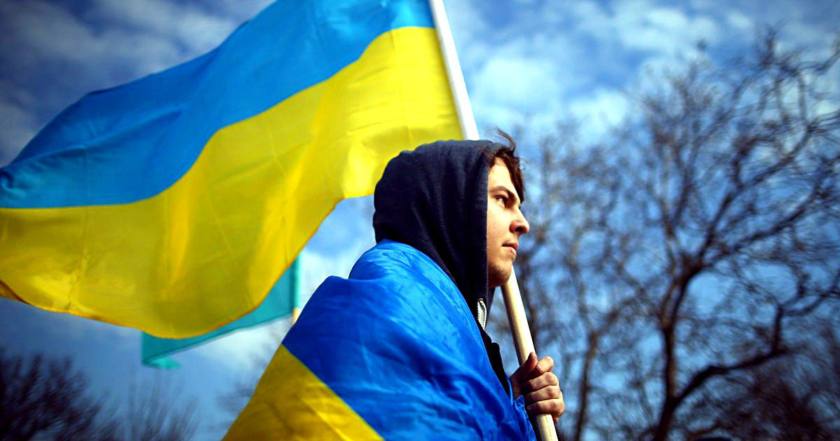
For many people, European integration is associated with the shiny windows of modern buildings of various EU departments in Brussels, long analytical texts in the columns of the media under the headings “politics”, “economy”, and “reforms”. With changes that, in the end, should improve the quality of life of Ukrainians. But where, in fact, is there a place for culture?
Let’s look at the issue of EU integration a little more broadly. It is a complex process, the goal of which is to create economic, socio-political and cultural unity between European states. To transform an Economic Union into a political one, the member states of such a union must be culturally integrated without losing their own identities. In the European Union, integration is a continuous process, and its evolution has different levels of development: there are areas in which it advances quite quickly (for example, economic and monetary union) or is in development (such as social issues). There are also those that are mostly criticized (for example, European citizenship).
In addition, European integration can also be defined as a process that brings together different cultures on the European continent, in particular through enlargement – the inclusion of new member states – as well as through neighborhood policy. Article 167 of the Treaty on the Functioning of the European Union contains a detailed description of its actions in the field of culture:
- The EU should promote the flourishing of the cultures of its member states, respecting their national and regional diversity and bringing to the fore their common cultural heritage.
- EU actions should encourage cooperation between member states, support and complement their actions to improve knowledge and spread the culture and history of European peoples, preserve and protect cultural heritage of European importance, promote non-commercial cultural exchanges, and encourage artistic and literary creativity, including in the audiovisual sector.
For the Ukrainian ear, all this sounds mostly theoretical and a little fantastic. Especially taking into account the real and very complex problems that our cultural sector is experiencing due to the war unleashed by russia. And even more so are the people, thanks to whom this culture lives and is realized. Today, Ukrainian culture and cultural figures in a broad sense are the targets of targeted russian attacks. But without this, the current Ukrainian resistance to the enemy would be a hundred times weaker. Our war proves once again that culture is not a field of entertainment or services; without culture, no statehood is possible.
But let’s go back a little to talk about European integration as a complex process. Culture is no exception here. The most obvious manifestation of such changes will have a visible and completely material dimension, because it is about money. Membership in the EU can lead to an increase in funding opportunities for cultural projects and initiatives in our country.
The European Union has a special budget for cultural programs available to member countries. This can lead to increased investment in the Ukrainian culture and art sectors. I would like to remind you that a kind of cultural boom in Ukraine took place over the last decade precisely due to the fact that spending on cultural needs increased significantly. And here I will again return to the thesis that development does not take place without real investment in resources. For example, the phenomenon, which has already been dubbed the “New Wave of Ukrainian Cinema”, appeared thanks to many components, in particular, a modest but still appreciable flow of money to which our film industry gained access for a certain period.
It is obvious that the possibility of receiving funding from European Union funds for cultural expenses should entail a change in attitude towards the use of this money in Ukraine itself. Therefore, the next important step should be the creation of financial audit mechanisms in the field of culture. First of all, the internal instruction must change: the culture must learn to be realistic about money and not be baptized; they say, “It’s not about the high”. Let me remind you that the culture is hungry, not self-sufficient, and without a voice—a typical Soviet situation. A culture that has access to sources of financing, various types of investments, and the opportunity for certain areas to earn money and participate in competition and exchange are modern realities in the EU countries.
The second noticeable effect of European integration is the harmonization of cultural policy. The fact is that membership in the EU requires member states to comply with certain rules and regulations, including those related to culture. Actually, member states must comply with EU norms regarding cultural diversity, intellectual property, and the protection of cultural heritage. In today’s Ukraine, the development of clear cultural policies is still a question of the future, as are the necessary changes in thinking and practices necessary to improve the general level of quality of life in our country.
A simple example: it is not entirely logical to talk a lot and loudly about European integration and, in parallel, to build conditional high-rises or shopping malls in the buffer zone of UNESCO cultural heritage sites. Changing the narrative is a good thing, but it is empty if there is no change in practices. Actually, on the condition that Ukraine becomes part of the European Union, no one will allow this. The EU can put pressure on member states to implement certain policies, such as those related to the protection of cultural heritage, the promotion of cultural diversity, copyright, or intellectual property. European integration is an entry into a community that already has an internal agreement on the norms of behavior for its members. To become a true member of this community, these norms will have to be recognized and implemented as one’s own.
Another important effect of European integration for Ukrainian culture and those who create it will be the deepening of access to cultural exchange. It is important for Ukraine to be more involved in the forms of cultural festivals, artistic cooperation, and other initiatives that promote the exchange of ideas and cultural practices. We need to join more global cultural communities, and not only for the purpose of learning, broadening our professional horizons, and accessing experts. Despite all the problems and obstacles, Ukraine has something to say and show its European colleagues. European integration has tools for this Ukrainian voice to be heard louder and for the Ukrainian experience to be brought to a wider range of recipients in professional communities.
For a long time, the culture of European countries no longer lived purely in large metropolises, or capitals and large cities. The European Union puts a lot of effort into promoting culture locally, thereby strengthening the capacity and strength of local communities. One of the interesting initiatives that are aimed in this direction and about which at least a little is known in Ukraine are the cultural capitals of the EU, which change every year and of which there may be several at once. As in our country, there are quite a few small but very interesting cities in terms of their cultural and historical content in various EU member states. In this case, culture serves as a driver of their development, which the local population also feels in terms of profits, not just symbols.
A lot was said above about the prospects and opportunities that may one day be realized and come true, and we already have problems—very serious ones, such as overcoming the damage caused to the sphere of Ukrainian culture by the war unleashed by russia. Unfortunately, no European integration can bring back the most valuable thing — our dead. Creators and bearers of Ukrainian culture. But the EU member states may very well become partners in the preservation of Ukrainian culture and its heritage for now and future reconstruction.
The process of European integration in general can help Ukrainians understand that culture is a strategic factor for the development and safe future of the state. Our enemy realized this role a long time ago. Time works, finally, for us.
The publication was made within the MATRA program with the support of the Embassy of the Kingdom of the Netherlands in Ukraine. The opinions expressed are those of the author(s) alone and should not be construed as reflecting the official position of the Embassy.
journalist of the Euroscope project
